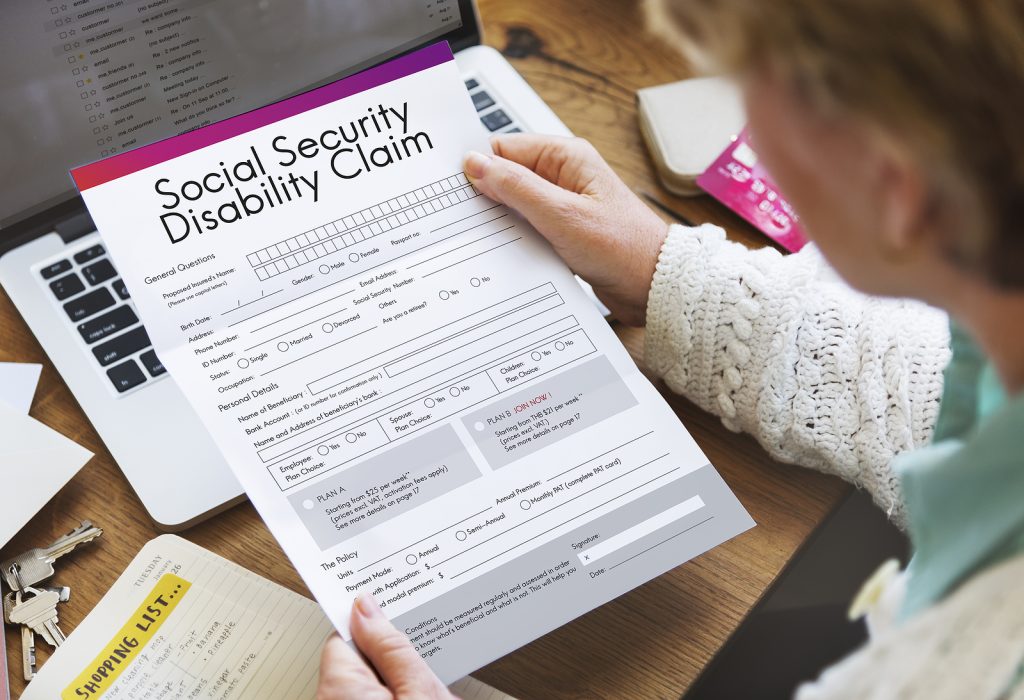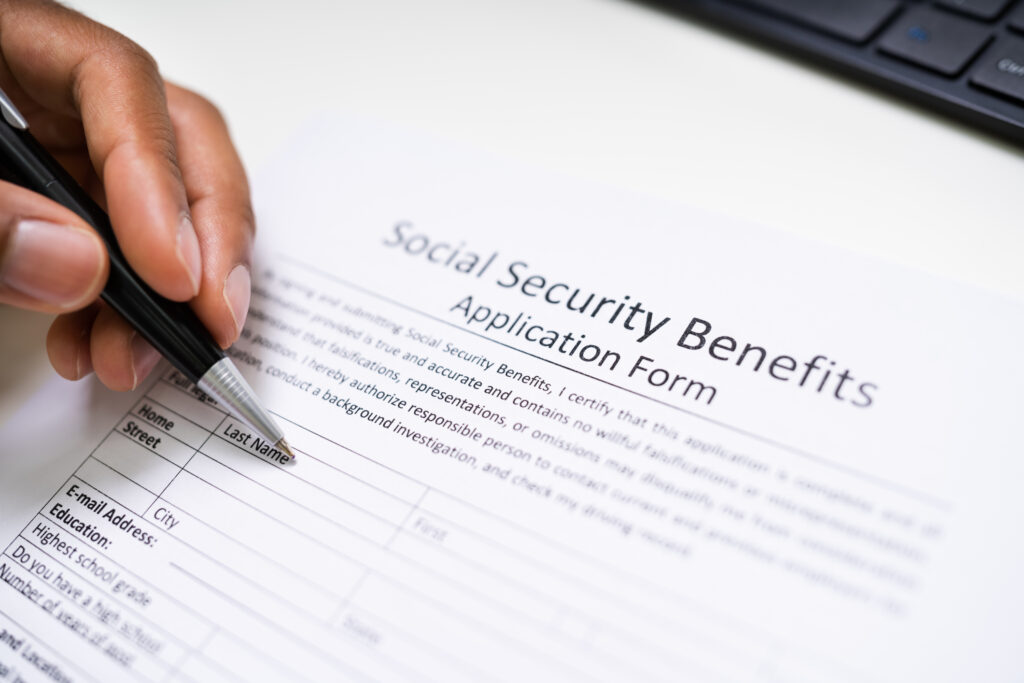Once I Qualify for SSDI Benefits, Will the SSA Still Monitor My Finances?
Like most American families, you’ve worked hard all your life, but there may come a time you need to file for Social Security Disability (SSDI). This is always a challenging process and can be a difficult decision for you and your family. However, SSDI benefits are designed to help you if you are injured and can no longer make the income you need. So, realistically, there’s no reason to hesitate or feel badly about the decision to acquire SSDI benefits.
Once you go through this challenging process of obtaining the benefits you need, the SSA still may, from time to time, look into your finances, including your bank accounts.
Under usual circumstances, the SSA may review your check bank accounts anywhere from every one year to six years. This is commonly a standard practice.

They also may review your finances if you have a life-changing experience, which may have increased your overall net worth.
If you are receiving SSI benefits, then the Social Security Administration (SSA) can usually review your finances and bank accounts because they were given permission to do so.
However, if you are receiving Social Security Disability Insurance (SSDI) or Social Security retirement benefits, then it is not as easy for the SSA to check your bank account. This is because there is no actual limit to the assets you can have to be eligible for these benefits. Therefore permission may not have been given or assumed.
If the SSA asks to review your bank accounts, and you feel it’s inappropriate, your best path is to consult with a professional, qualified San Diego SSDI attorney and make sure the SSA is acting within its rights to do so. Your SSDI attorney will always work on your behalf to protect your benefits and legal rights.
Is There a Limit To the Funds In My Account To Receive SSDI Benefits?
Usually, the Social Security Disability program doesn’t have a limit on how much money you can have in your bank accounts. With SSDI benefits, there are no resource limits, as you find with other SSA programs, such as SSI.
You may have as much money in the bank as you want while receiving SSDI benefits. However, during the SSDI application process, the SSA may question you. Also, they may look at these numbers during periodic and continuing disability reviews.
This is one of the main reasons to obtain the help, guidance, and knowledge of a professional San Diego SSDI attorney before, during, and after the application process, and you start receiving your SSDI benefits. You never know what the SSA may ask for; however, your lawyer will ensure your rights are protected and that you know all the pertinent facts before you begin giving permission or answering questions.
What If I Still Work While Receiving SSDI Benefits?
There is no issue with you working while receiving SSDI benefits, and this frequently occurs. However, the SSA may, at reasonable times, look over the money you have in a bank to determine whether this additional monthly income exceeds the “substantial gainful activity limit.”
For example, the monthly limit in 2022 was $1,350 in 2022 if you are not blind and $2,260 if you qualify for SSDI benefits as statutorily blind.
So, to adequately protect yourself and your benefits, it’s wise to keep detailed records of the origin of these deposits in your bank account.

Also, keeping your San Diego SSDI attorney updated on any changes (whether increases or decreases) in your income is vital. Your lawyer will be familiar with all the limits the SSA rules require. Also, if your operating income decreases, your attorney may provide a path to increasing your SSDI benefits.
Under What Circumstances May the SSA Review My Finances For SSDI Benefits?
In certain situations, the SSA may ask for a review of your bank accounts and your overall financial and medical status.
The SSA will commonly review your medical conditions to determine if you still have a disabling condition qualifying you for SSDI benefits. Usually, if they find that you no longer are disabled, as disabled, or blind, your benefits may decrease or be withdrawn altogether.
This review is known as a continuing disability review or CDR. Commonly, the SSA will perform a medical CDR at least once every three years. However, if you have a severe medical diagnosis that is never expected to improve, they may review your case only once every five to seven years.
Accordingly, if your finances change dramatically, you may have to report it also. Before taking any action, though, consult with your San Diego SSDI attorney. You may be taking unnecessary action and, by doing so, diminish or stop your SSDI benefits
Your experienced, professional, and thorough San Diego SSDI attorney will always provide you with the correct and up-to-date knowledge before you meet with the SSA. Your lawyer will know how to present your information and continually work to maintain your SSDI benefits for you and your family.
The SSA Has Asked To Check My Bank Accounts and Finances; What Should I Do?
If you currently receive SSDI benefits from the SSA, you must usually comply with their requests. However, before doing anything, consult with your San Diego SSDI attorney. Remember that your SSDI law team will always fight on your behalf and give you the best legal advice possible.

If the SSA is within its rights to ask for the information, then your SSDI attorney will gather what they need (and no more) and present it in a manner that is in your best interests. If the SSA is asking for information (financial and otherwise) that is not within their rights, your aggressive and winning SSDI lawyers will ensure your rights are wholly protected.
Being asked for new information by the SSA concerning your SSDI benefits may be stressful and worrisome. Still, with the professional help of your San Diego SSDI attorney, the outcome will most always be positive.














